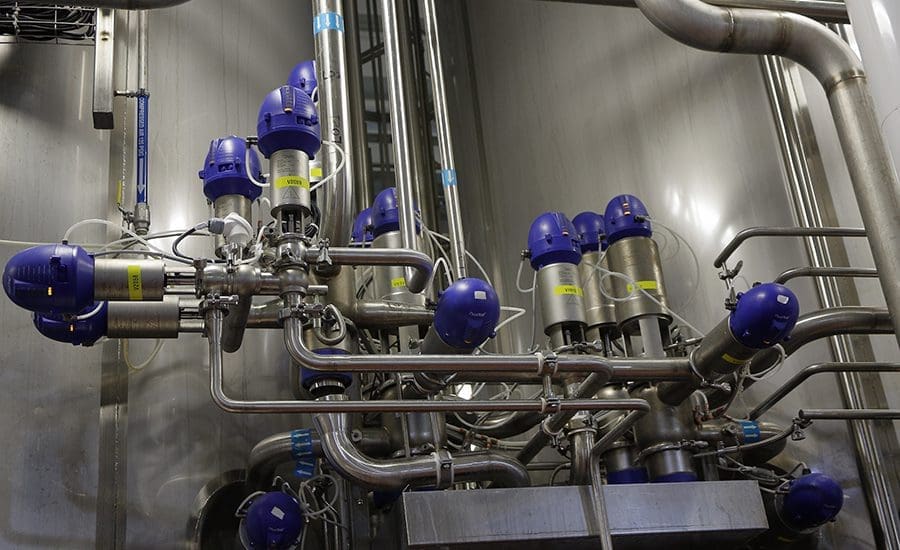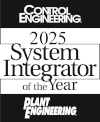Why Make CIP an Integral Part of Your Automated Processes
In the same way you use automation to make consistent, quality products, why not use CIP to ensure germ-free cleaning every time? You’ve automated your process and packaging and have computer-generated paper trails to show food safety and quality throughout your facility. Why wouldn’t you do the same with cleaning—wherever it’s practical? Granted, there are certain pieces of equipment you just have to take out of the process to clean manually, but for other components—like piping, some conveyor belting, certain pumps, mixers, tanks and other equipment—you can clean them in place (CIP) and have automated recordkeeping to show proof of cleaning and sanitation to regulating bodies when they ask. An Expert Opinion on Sanitation Safety in Food & Beverage Automation “CIP is an integral part of cleaning and sanitation, which affects the food safety of any facility. Cleaning and sanitation not only help you comply with regulatory requirements, but also protect consumers and your brand from contamination and recalls,” says Pablo Coronel, Ph.D., CRB Senior Fellow in Food Process & Food Safety. “CIP is carried out in process lines without dismantling and must reach every nook and cranny of the process equipment; thus, well-designed equipment that is amenable to CIP (as opposed to COP—clean out of place) is a must for any installation. Materials of construction, drainability, ease of cleaning, and prevention of dead areas/zones are some of the criteria for design,” adds Coronel. Besides the equipment design, a successful CIP system depends on several variables, such as water flow rate and temperature, chemicals used (concentration) and time of cleaning. These variables are set in cooperation with the chemical supplier by the characteristics of the product to be cleaned (viscosity, stickiness, amount of fouling and presence of allergens) and the equipment that needs to be cleaned. The presence of allergens, … Continued





